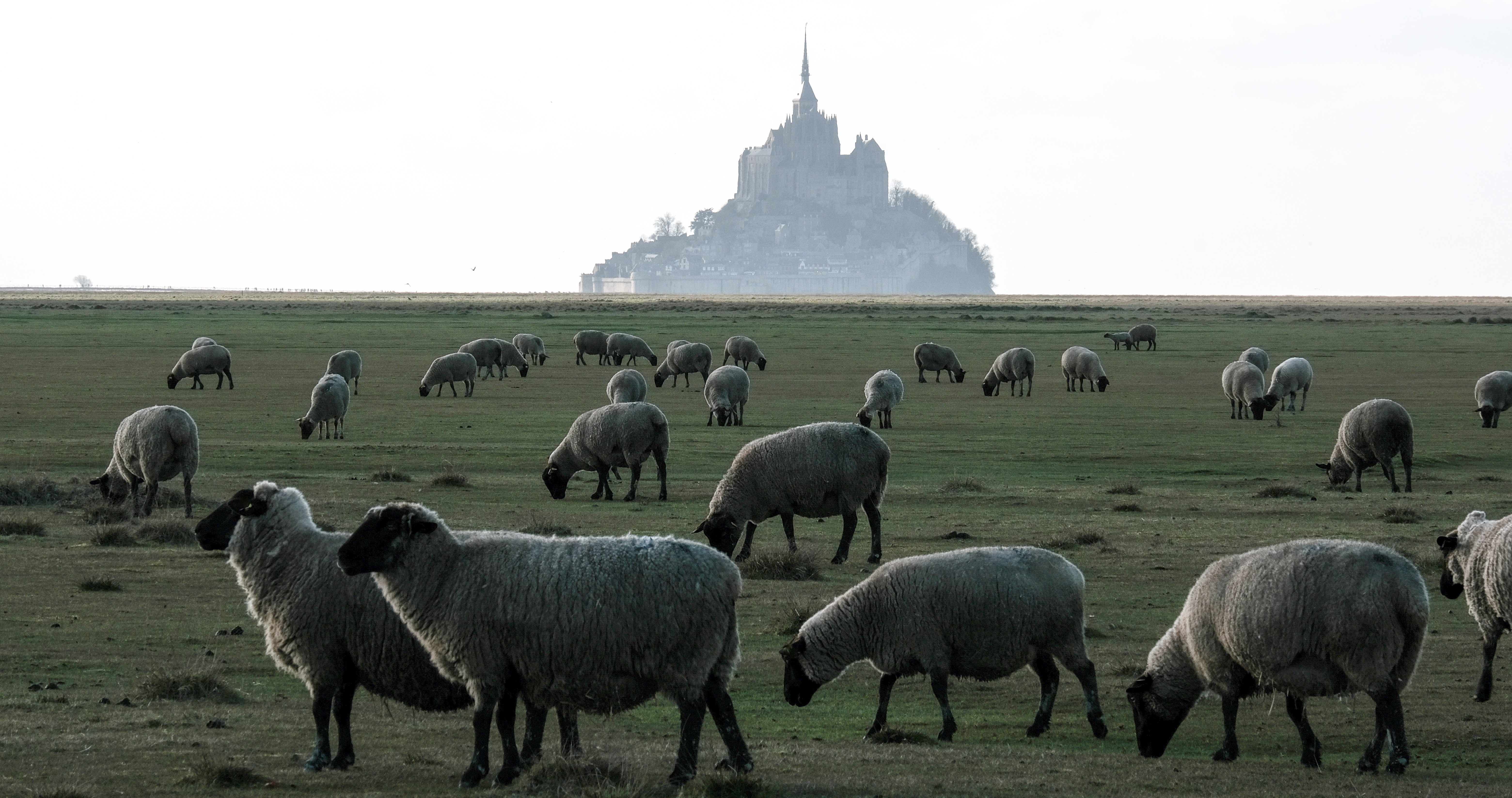
Animal Genetics
Animal genetics is the scientific study
of genes in animals and how they
influence traits, behaviors, and overall
health, both in the animal itself
and in the broader population.
This course is still under construction
Introduction
Animal genetics is the study of the variation observed in animals (in this case - livestock) and the underlying genetics and heredity influencing these variations. The foundation lies in understanding deoxyribonucliec acid (DNA), the molecule that carries genetic information.
DNA is composed of two strands forming a double helix structure. Each strand consists of nucleotides, which make up the basic unit of DNA. A gene is a segment of DNA that encodes for proteins, which then perform various functions in the body.
Mendelian inheritance principles, established by Gregor Mendel (as the name suggests), describe how traits are inherited from one generation to the next. These principles include the laws of segregation and independent assortment.
The Animal Genetics course consists of several sub-branches that together help students to understand the concepts better.
1. Molecular Genetics
At the molecular level, genetics delves into the mechanisms by which genes are expressed and regulated. DNA replication ensures that each cell receives a complete set of genetic information during cell division. Transcription is the process where DNA is converted into messenger RNA (mRNA), which is then translated into proteins. These processes are essential for maintaining the proper function and development of an organism.
2. Population Genetics
Population genetics studies the distribution and change of allele frequencies within a population. Factors such as natural selection, genetic drift, mutation, and gene flow influence these frequencies. This field helps us understand how populations evolve over time and adapt to their environments. The Hardy-Weinberg equilibrium provides a framework for studying genetic variation in populations under ideal conditions.
3. Quantitative Genetics
Quantitative genetics focuses on traits controlled by multiple genes, known as polygenic traits. These traits exhibit continuous variation, such as height or milk production in cattle. Heritability measures the proportion of phenotypic variation attributable to genetic factors. Statistical methods, such as regression and analysis of variance, are used to analyze these complex traits and understand their genetic basis.
The variation we observe between individuals is due to underlying variations at the genetic level called Genetic variation. These variations are crucial for the adaptability and survival of species. Variations arise from mutations, which can be spontaneous or induced by external factors (mutagens). Some types of genetic variations include single nucleotide polymorphisms (SNPs), insertions, deletions, and copy number variations. These variations can lead to different phenotypic traits and sometimes cause genetic disorders. These will be covered in more detail in this course.
Animal breeding aims to improve desirable traits in domestic animals through selective breeding. Breeding programs are designed to enhance traits such as growth rate, milk yield, and disease resistance. Selection methods include artificial selection, where humans choose breeding pairs based on desired traits, and natural selection, where environmental pressures influence reproductive success. Managing inbreeding and outbreeding is crucial to maintaining genetic diversity and preventing genetic disorders. Please review our Animal breeding course course to learn more about this subject.
Biotechnology in Animal Genetics
Advancements in biotechnology have revolutionized animal genetics. Genetic engineering techniques, such as CRISPR, allow precise modifications to the genome, leading to the development of transgenic animals with enhanced traits. Genomic selection uses DNA information to predict the breeding value of animals, improving the efficiency of breeding programs. Ethical and regulatory considerations are essential to address the potential impacts and ensure responsible use of these technologies.
Applications of Animal Genetics
Animal genetics has practical applications in livestock improvement, conservation genetics, and disease resistance. Genetic improvement programs focus on enhancing traits like productivity, health, and welfare in livestock species such as cattle, sheep, pigs, and poultry. Conservation genetics aims to preserve genetic diversity and manage endangered species. Understanding the genetic basis of disease resistance helps in developing breeds that are less susceptible to diseases, improving overall animal health.